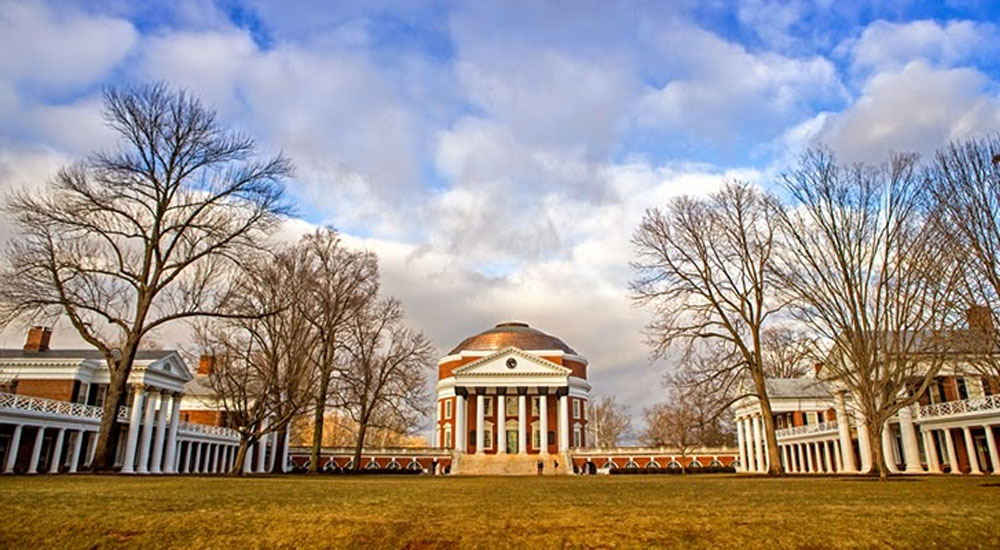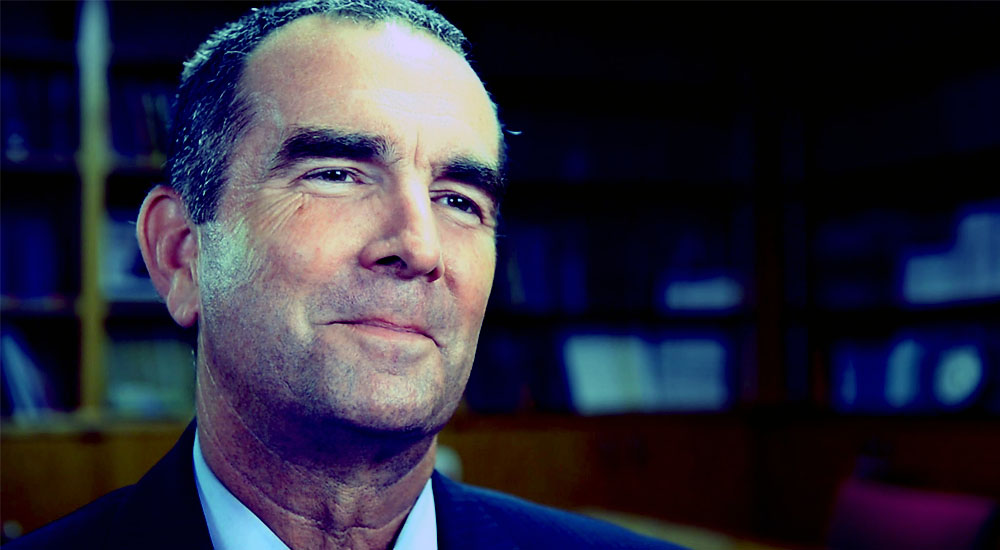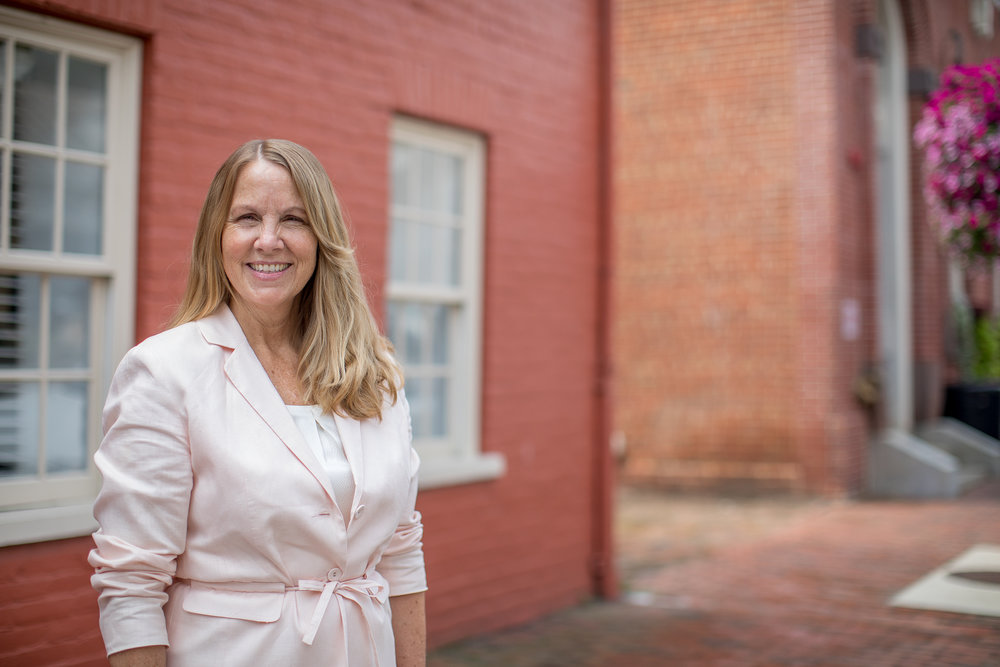Republican-led legislation that passed through the General Assembly earlier this year is now helping students at the University of Virginia (UVA) to not be hit by rising tuition costs. UVA is just the latest public college or university in the Commonwealth to accept the legislature’s budget deal agreed upon earlier this month to freeze some in-state tuition increases.
This year’s final budget agreement for the General Assembly included $57 million to freeze tuition at public colleges and universities beginning in the 2020 school year, and $15 million for increases in financial aid via H.B. 1700 from House Appropriations Chairman Chris Jones (R-Suffolk).
Tuition for most incoming and returning in-state students will remain the same during the 2019-2020 school year after Charlottesville’s UVA received a $5.52 million increase in its base appropriations to offset the freeze. The development will roll back a 2.9 percent increase to the university’s base in-state tuition rate.
In December, the Board of Visitors’ executive committee voted on the raise, but took the money in a Friday vote to pay for the freeze, the Richmond Times-Dispatch reports. Nevertheless, a 3.5 percent increase to students paying out-of-state tuition will remain in effect, as will small increases to fees and housing costs.
Administrators at UVA did, however, caution that the freeze is likely to be for only this coming school year.
Regardless, a some bills passed by the GOP majority in the House of Delegates during this year’s 46-day session in Richmond will help curtail the ever-rising costs of attending an institution of higher education.
H.B. 2173, introduced by Delegate Jason Miyares (R-Virginia Beach), would require that a public comment period be adhered to before any public college or university increases its tuition or mandatory fees.
H.B. 1611, patroned by retiring House Education Chairman Steven Landes (R-Weyers Cave), provides that the ratio of the assets to the obligations of the Virginia College Savings Plan shall not exceed 105 percent. Moreover, if the plan’s funded status drops below 105 percent, the pricing reserve, set by the Virginia529 Board, may exceed five percent, but not 10 percent.
The legislation also requires the governing board of the Virginia College Savings Plan to provide to the House Appropriations Committee, the Senate Finance Committee, and Joint Legislative Audit and Review Commission (JLARC) written notification and a detailed explanation of any change to the pricing reserve within 30 days.





